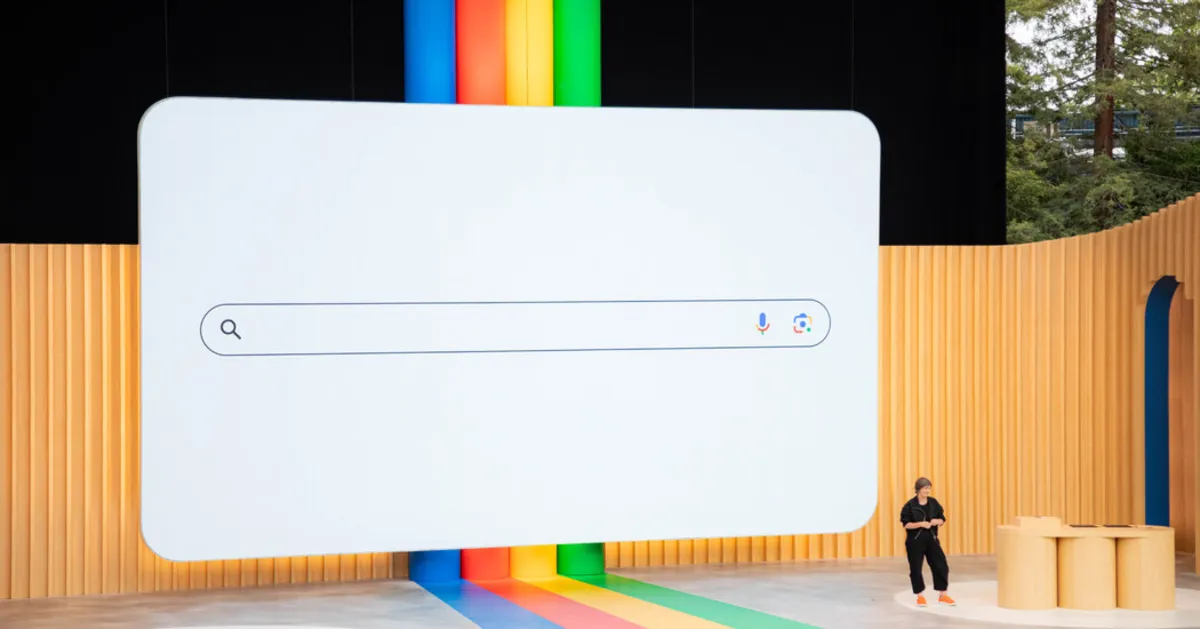
In a pivotal ruling on Tuesday, a federal judge determined that Google must share its search results and specific data with competing companies, though the company will not be mandated to break itself up. This ruling marks a significant moment in an ongoing antitrust case that seeks to address the dominant position of Google in the tech industry. Judge Amit P. Mehta of the U.S. District Court for the District of Columbia delivered this landmark decision, which, while impactful, falls short of the comprehensive changes sought by the government to mitigate the influence of Silicon Valley.
Judge Mehta's ruling stipulates that to alleviate Google's monopoly in the search engine market, the tech giant must share a portion of its search data with companies deemed "qualified competitors." The U.S. Justice Department had urged the court to compel Google to disclose even more information, arguing that this data is crucial for dismantling Google's stronghold on the search engine market. Additionally, Judge Mehta imposed restrictions on the payments that Google makes to secure its search engine's prominent placement on mobile devices and web browsers.
While the ruling introduced several constraints, it did not go as far as banning Google's payment practices entirely. Furthermore, the court declined to fulfill the government's request to force Google to divest its widely used Chrome web browser, which the government argued was essential to curtailing Google’s monopoly power. Judge Mehta emphasized the need for caution in crafting remedies for monopolistic behavior, stating, “Notwithstanding this power, courts must approach the task of crafting remedies with a healthy dose of humility.”
This decision represents the most significant judicial effort to level the playing field in the tech sector since the antitrust ruling against Microsoft over two decades ago. As Google prepares to appeal the ruling, the case is expected to linger in the courts for an extended period, complicating the government's broader strategy to challenge the dominance of major tech firms. Both the Biden and Trump administrations have previously accused Google, as well as other tech giants like Apple, Amazon, and Meta, of engaging in anticompetitive practices aimed at illegally monopolizing various aspects of the internet.
The recent antitrust ruling against Google is a critical development in the ongoing debate over big tech regulation. While the court's decision mandates some level of transparency and data sharing, it ultimately reflects a cautious approach to remedying monopoly issues in the modern digital landscape. With the case likely to continue through the judicial system for years, the outcome will have lasting implications for both Google and its competitors in the tech industry.